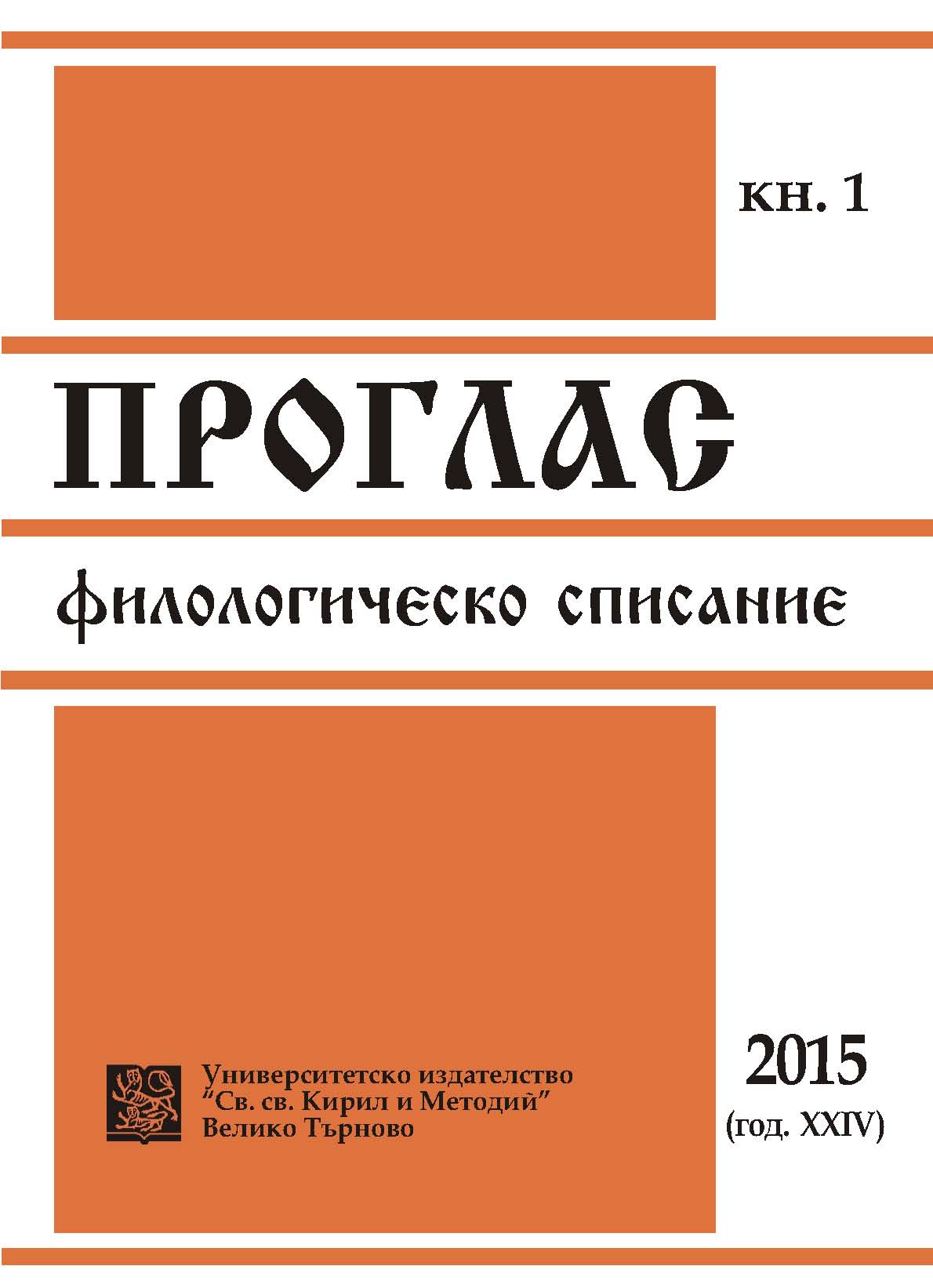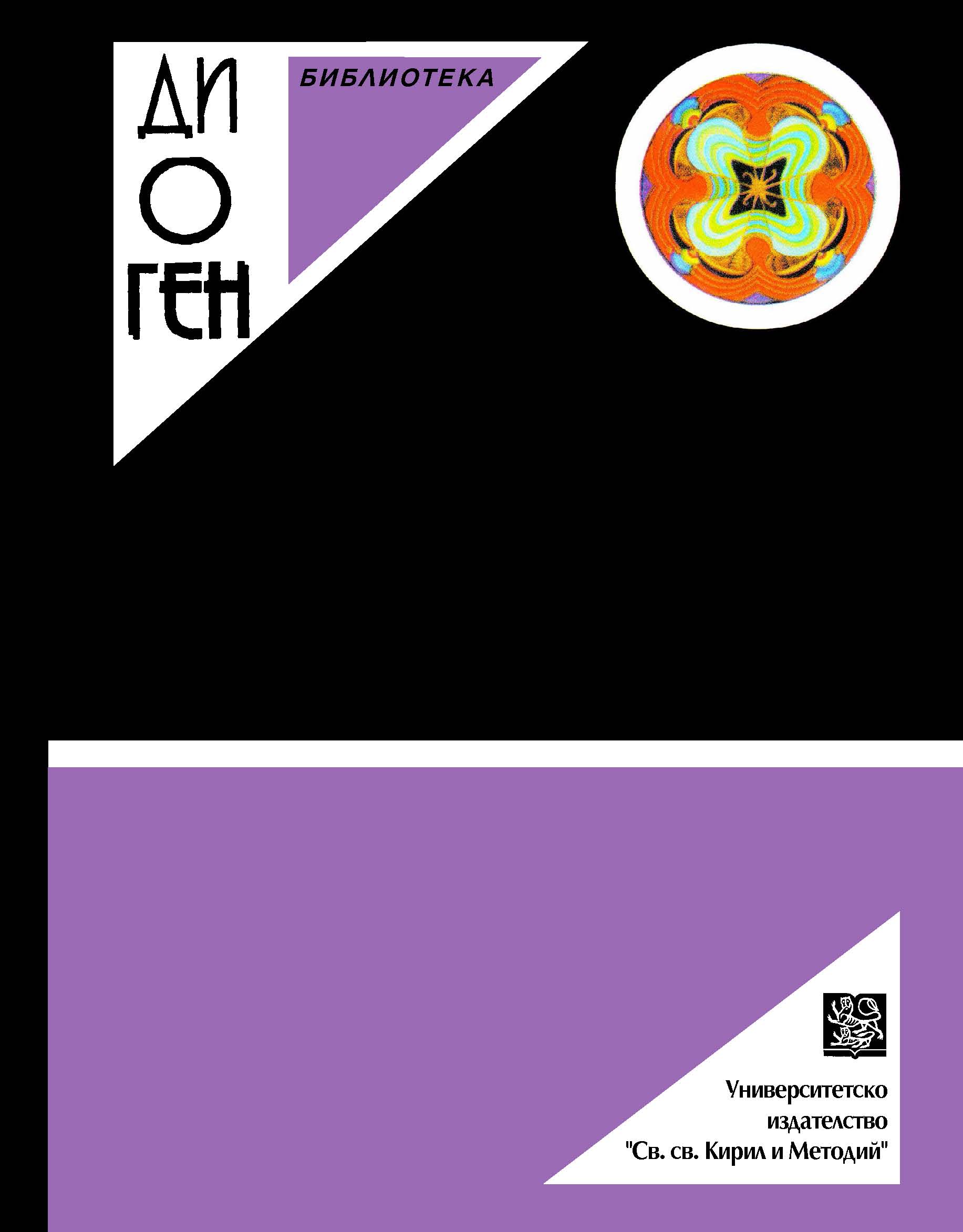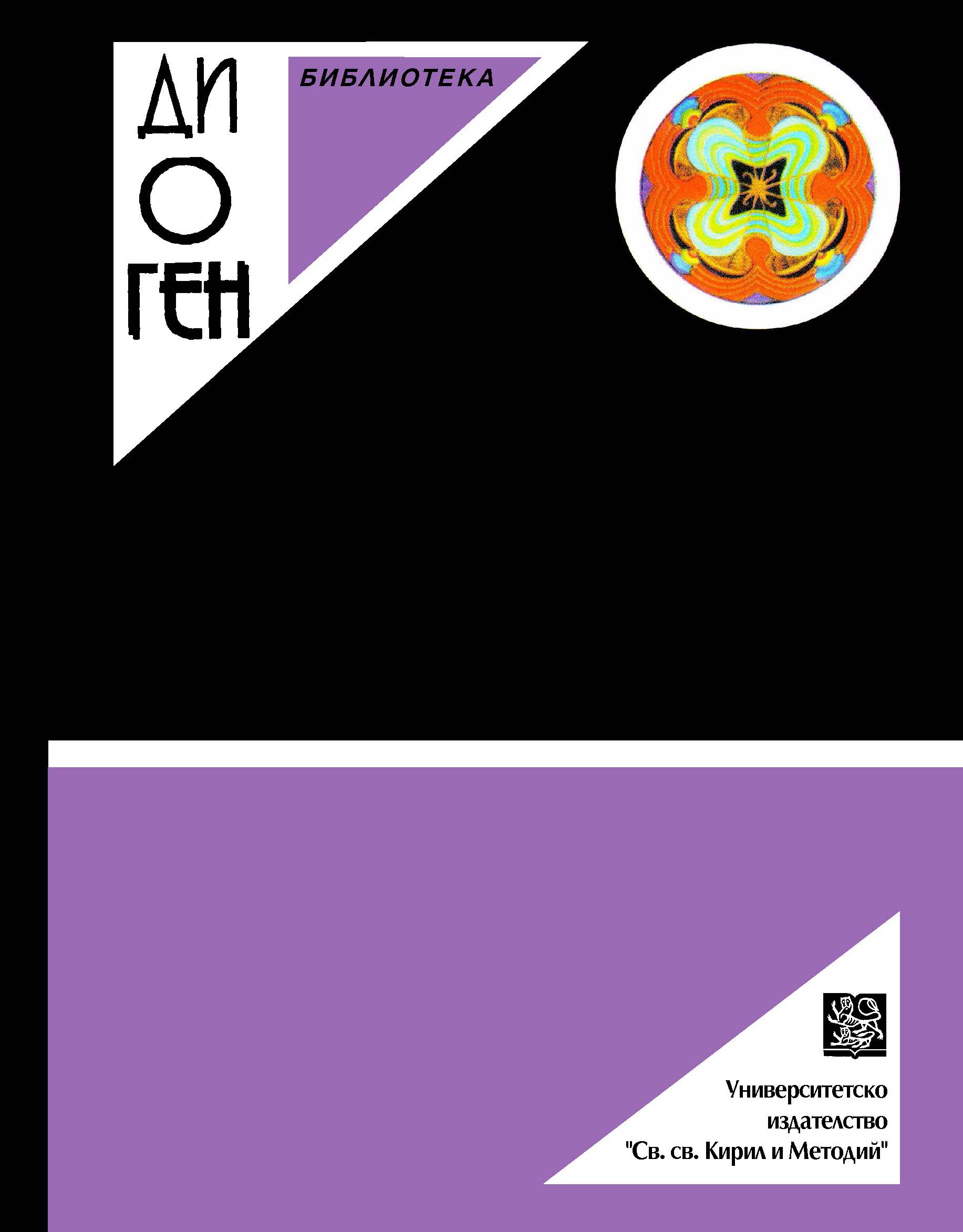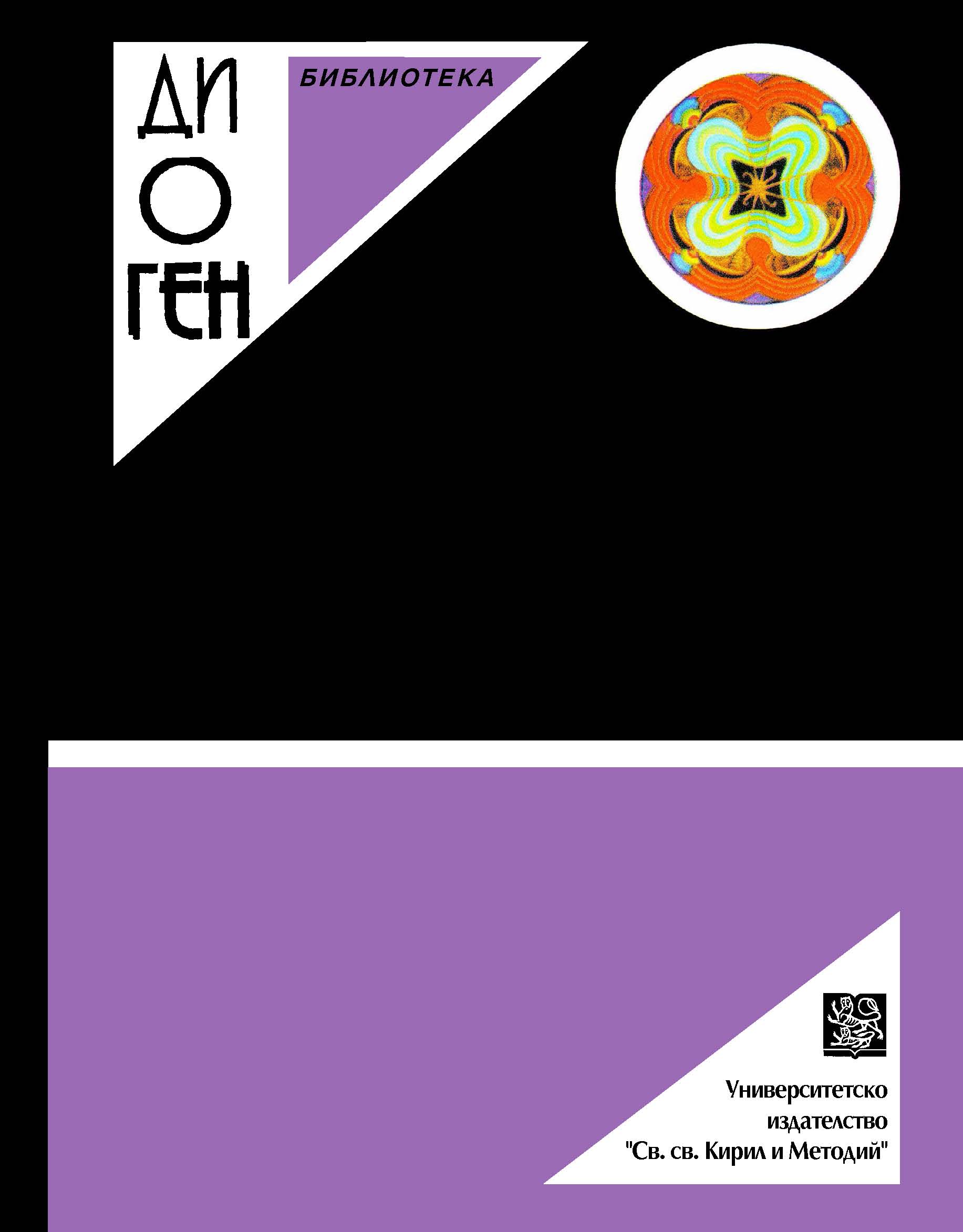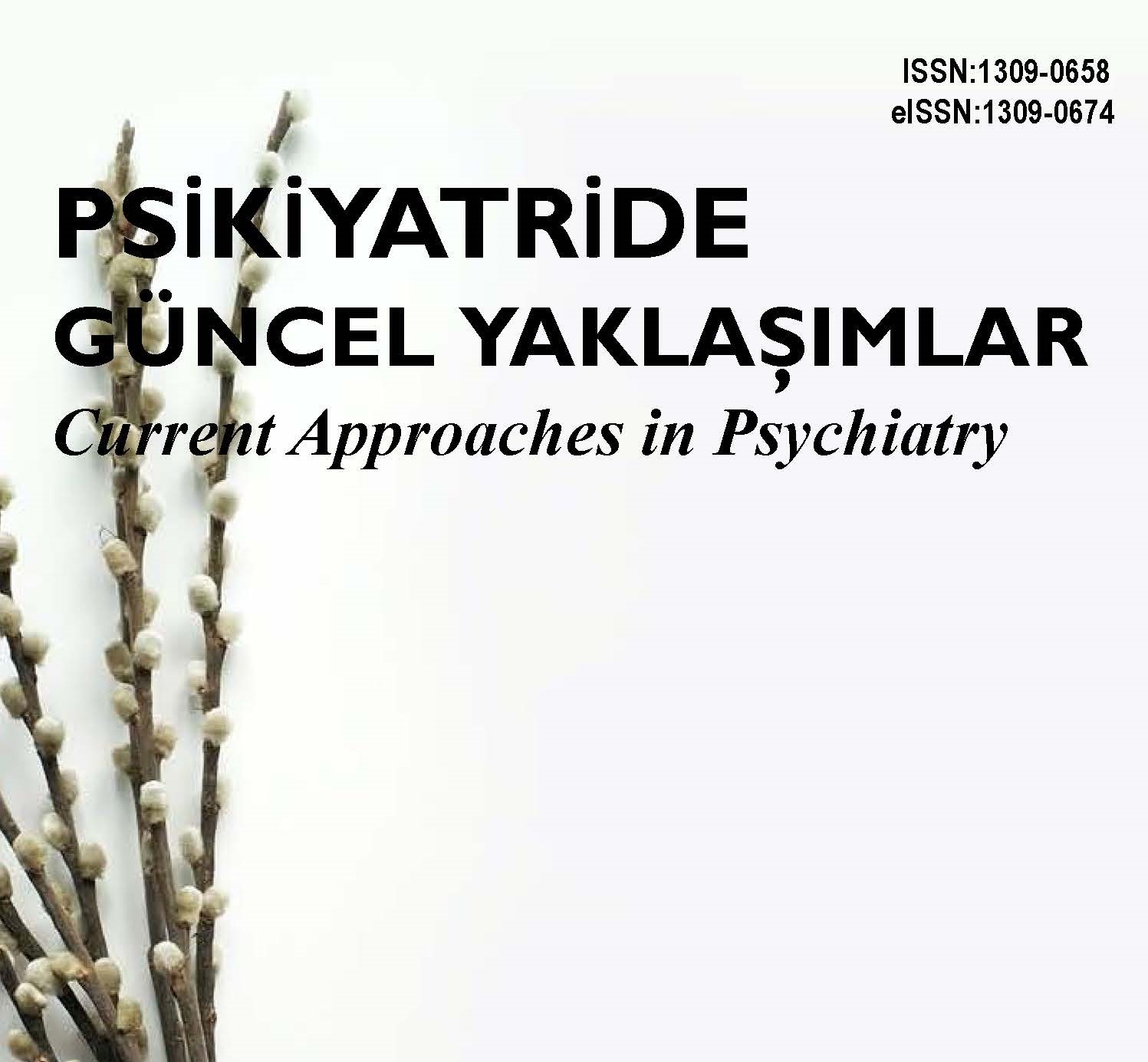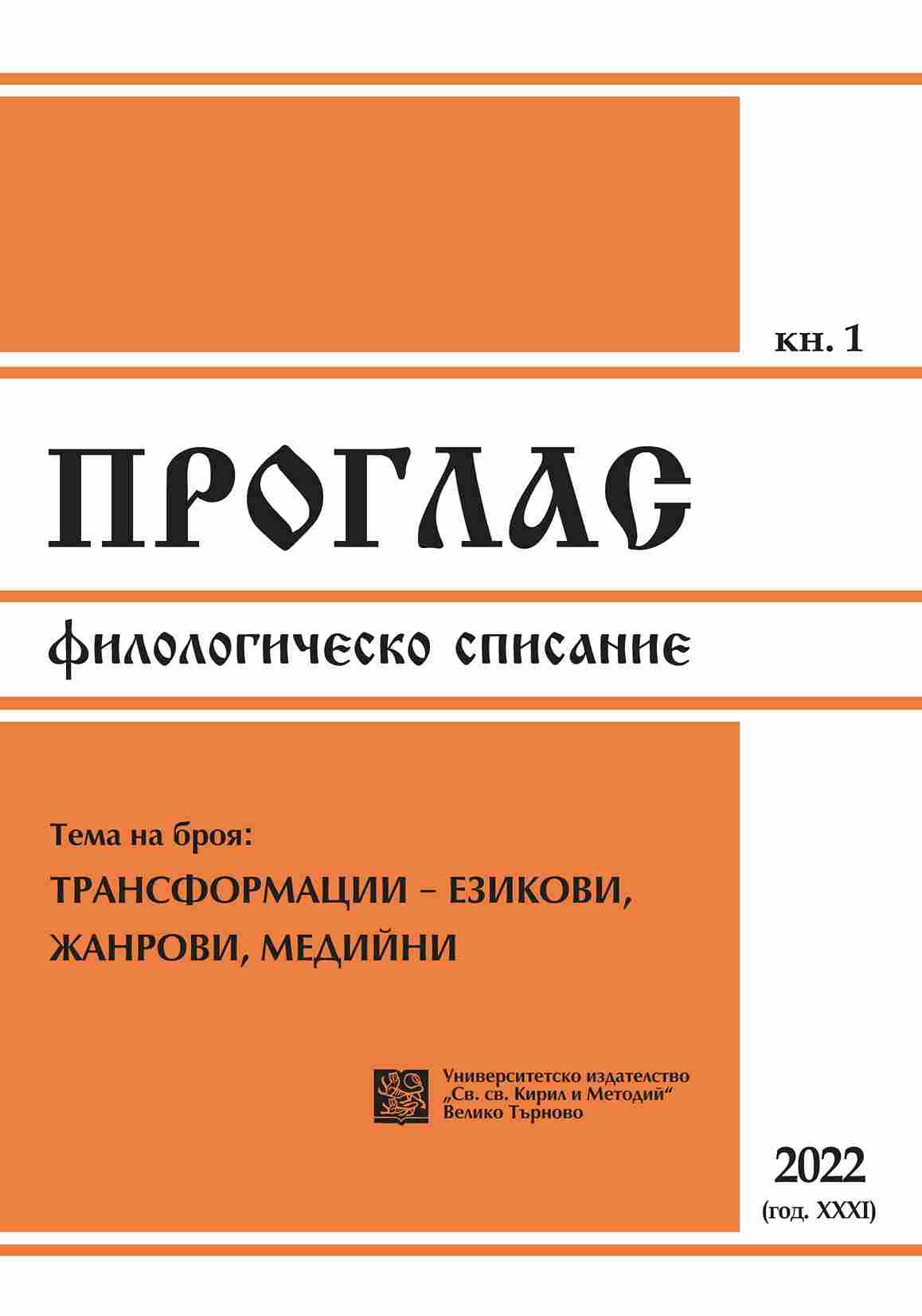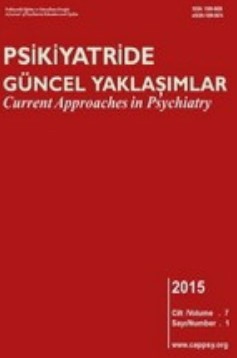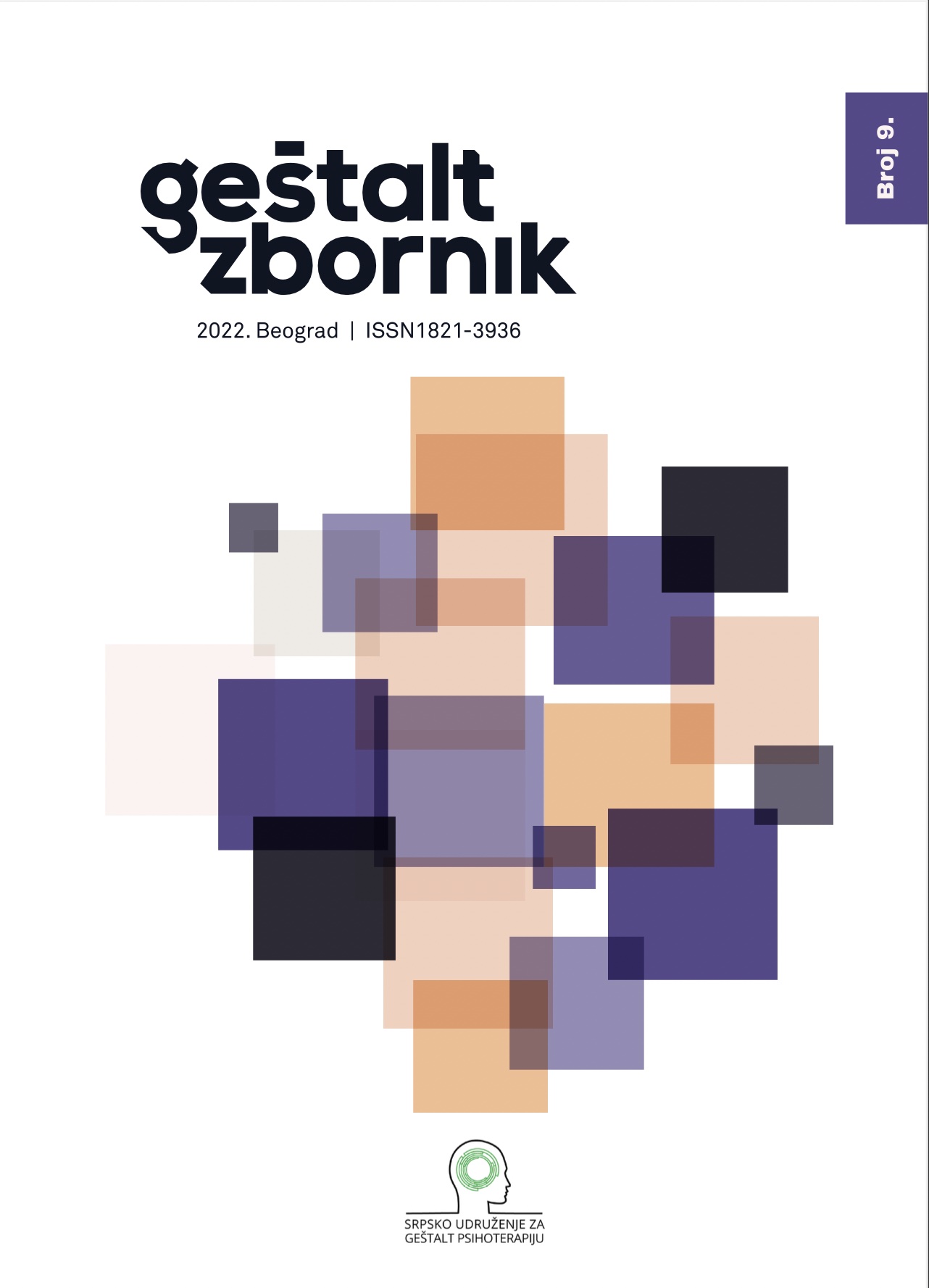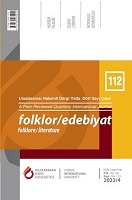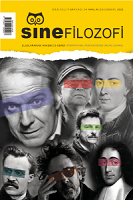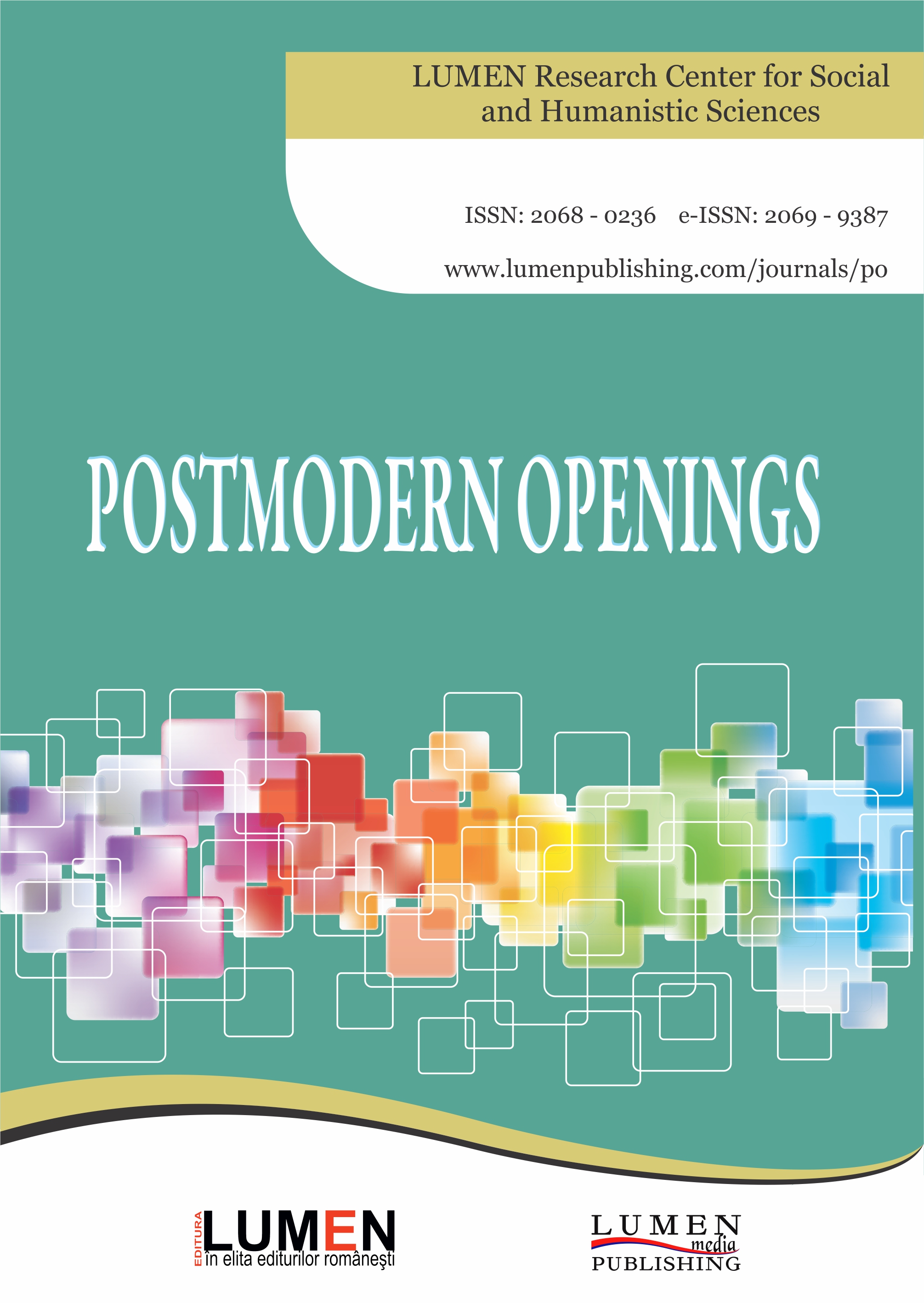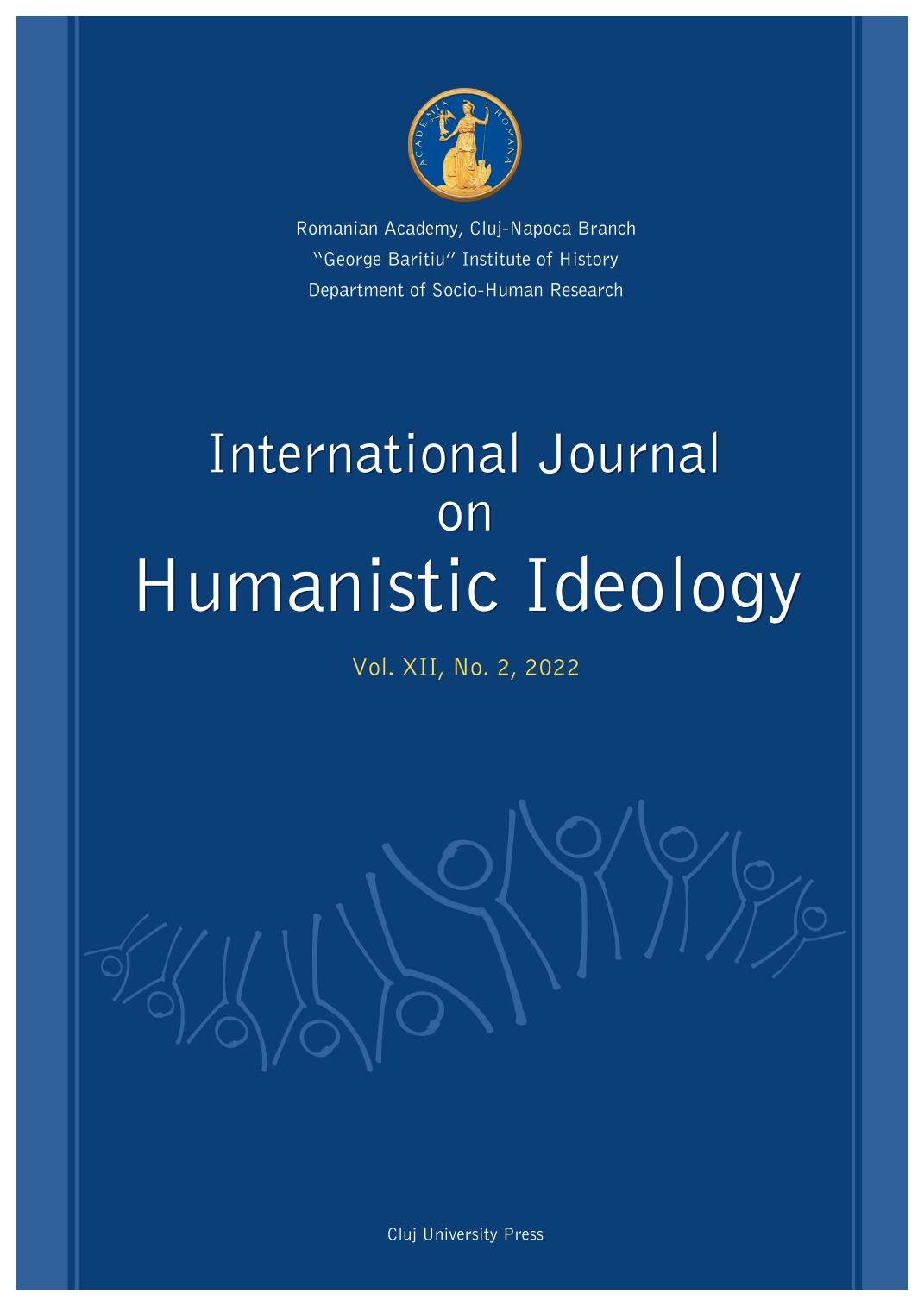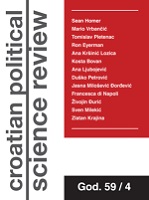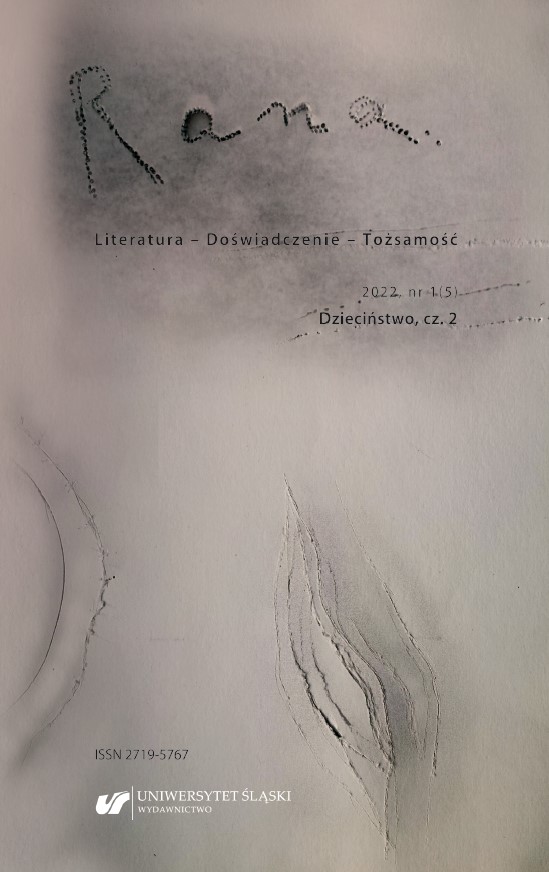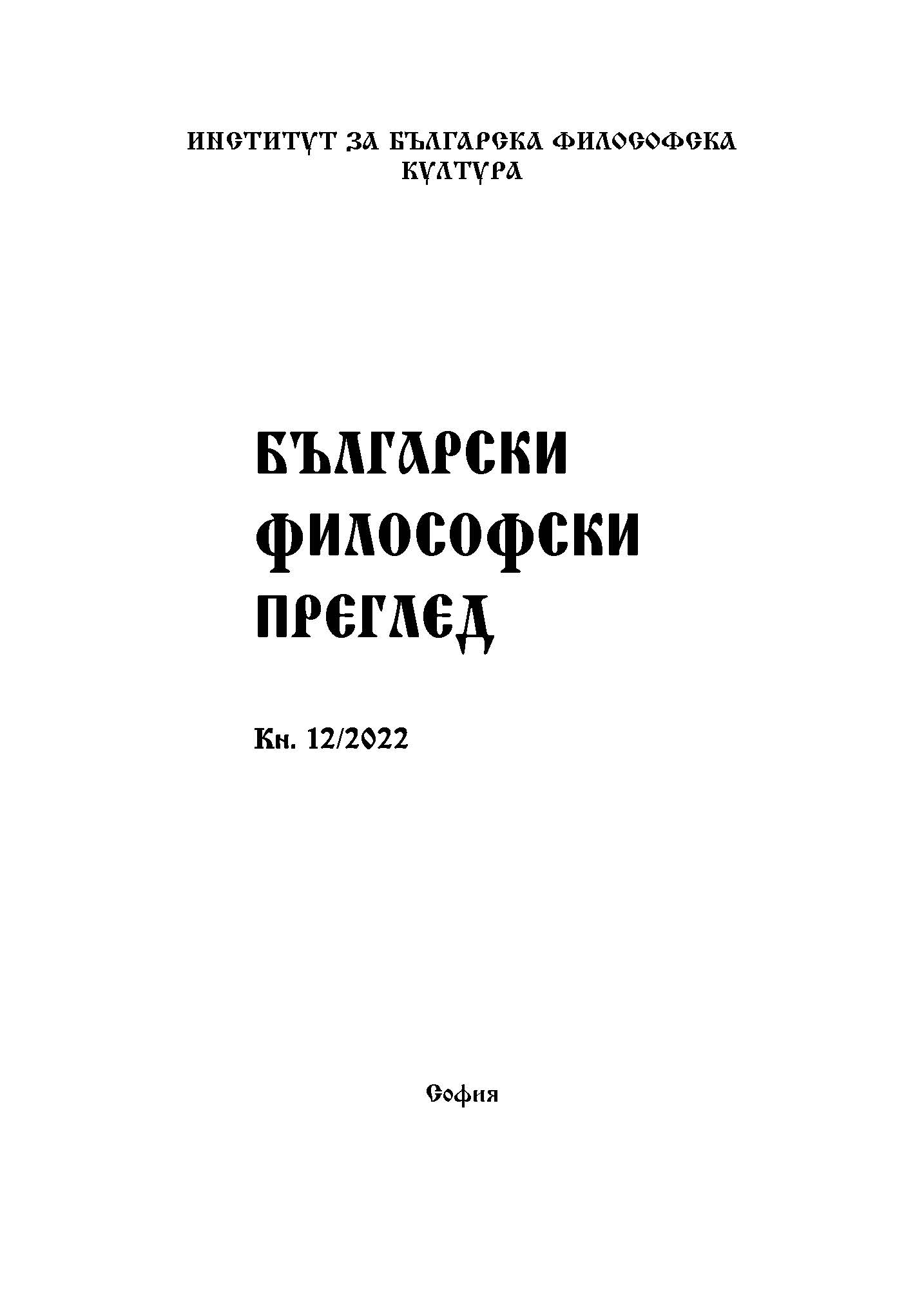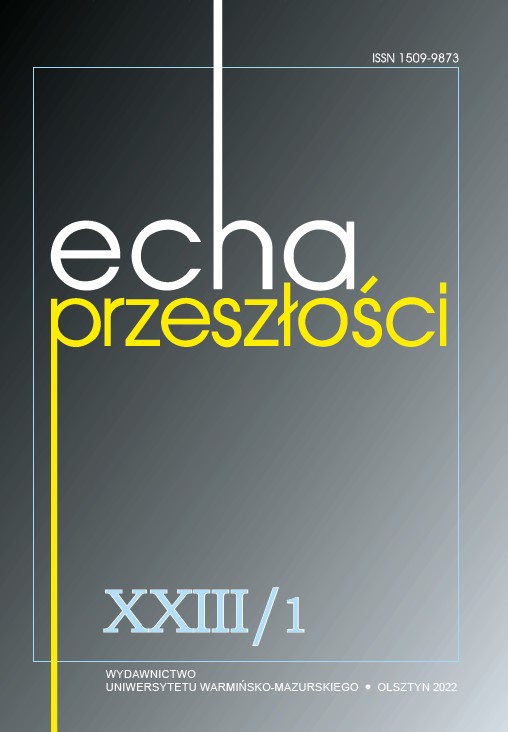Author(s): Yana Chaika,Oksana Patlaichuk,Olga Stupak,Alla Lazareva,Oksana Voitsekhovska,Liudmyla Shkil / Language(s): English
Issue: 4/2022
The current state of Ukrainian society is characterized by socio-economic instability, there are dynamic, unique processes in which each person is involved. In this connection, there are increasing demands on the professionalism of specialists in the field of practical psychology, their philosophical counseling in the context of postmodernism, aimed at helping people become the subject of their life, work, social and value relationships, to teach them to find meanings and maximize self-actualization. This is represented in the change of priorities in the professional development of practical psychologists, its focus on the development of specialists' subjectivity, their ability to independently solve professional and life tasks. An important role in enhancing the development of professionalism is the understanding of the essential characteristics of existential professional activity, expressed most often in professional meanings and values. The basis of a meaningful professional and personal life is the key ability of the practical psychologist to see and accept the needs of the profession and life and to find the most correct explanations for them. The purpose of the article is to investigate the importance and necessity of the activity of a practical psychologist, its peculiarities, the study of types of psychological aid: counseling, psychological rehabilitation, correction, psychotherapy, training, education and prevention; as well as the need to identify the main areas of professional activity of practical psychologists in the context of postmodernism.
More...
